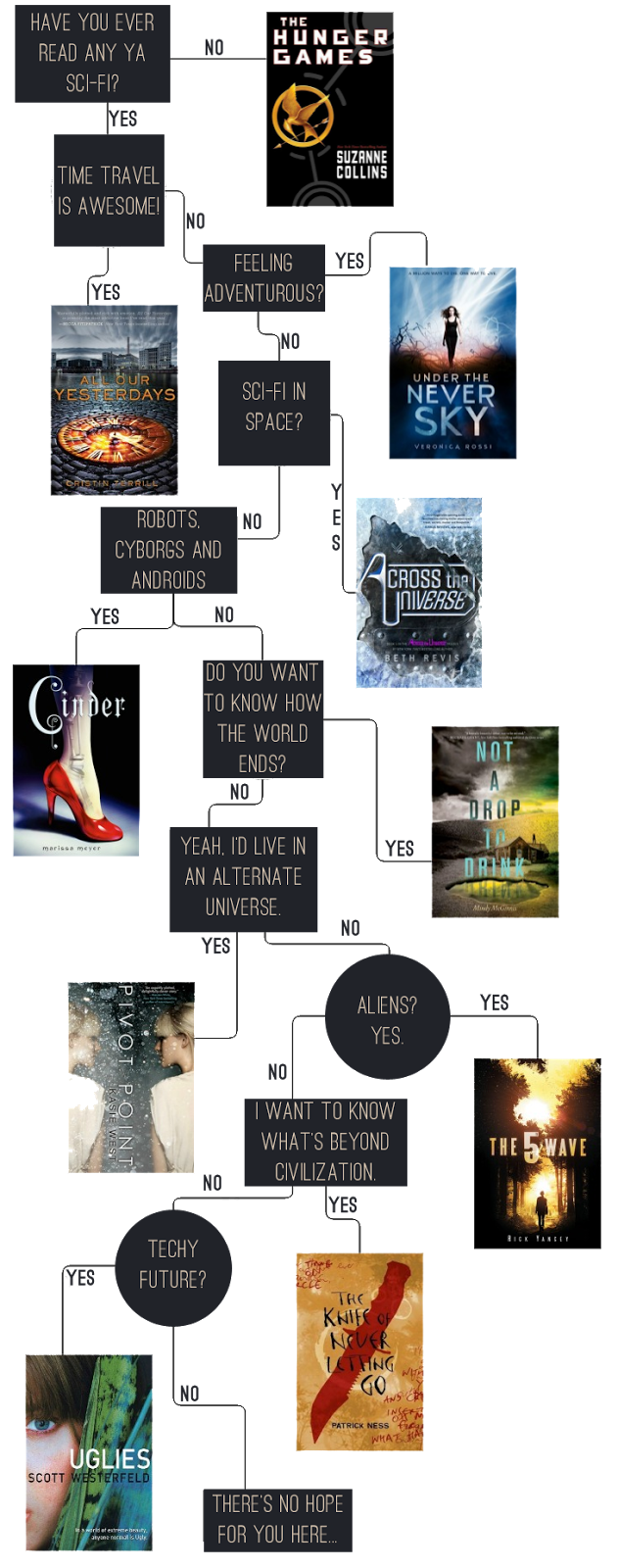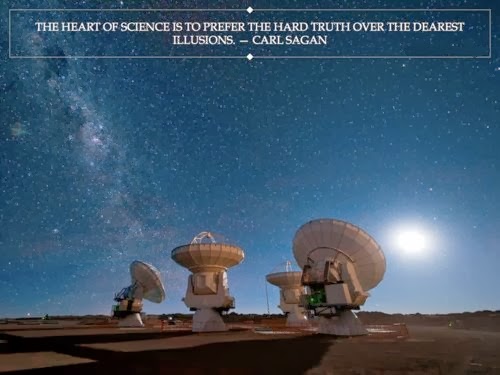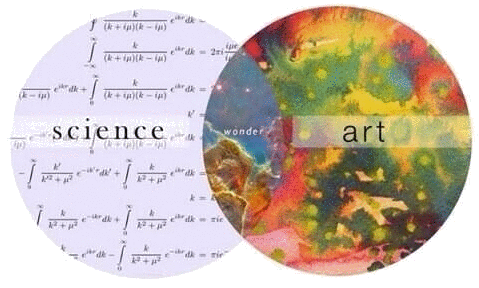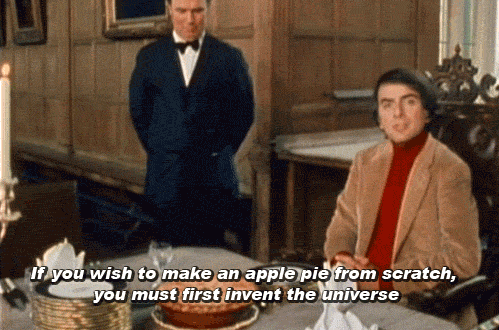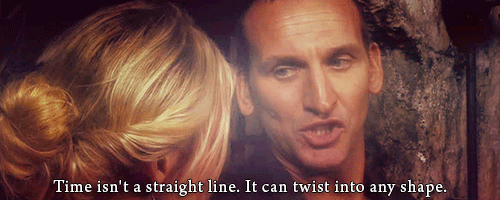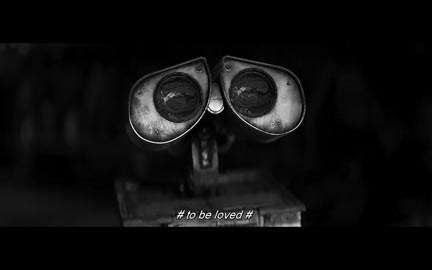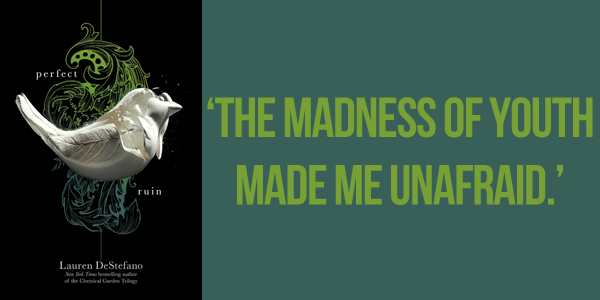
ABOUT THE BOOK
young adult science fiction published by Simon & Schuster on 1 October 2013
first book in the The Internment Chronicles series
On Internment, the floating island in the clouds where 15-year-old Morgan Stockhour lives, getting too close to the edge can lead to madness. Even though Morgan’s older brother, Lex, was a Jumper, Morgan vows never to end up like him. She tries her best not to mind that her life is orderly and boring, and if she ever wonders about the ground, and why it is forbidden, she takes solace in best friend Pen and her betrothed, Basil.
THE RATING

THE REVIEW
The people of Internment were banished from the earth by the God of the sky and forced to live in a floating island over the ground. Living in such a place, it is only inevitable that those without absolute faith risk questioning everything. Why are they all mated at birth? Why are there queues if you want to start a family? Why only the Furlows are royals? Questions Morgan would be better off not knowing the answers to.
But then Daphne Leander is murdered. Supposedly after she wrote a controversial essay on Intangible Gods; snippets of which start each chapter in the book. The essay fuels Morgan’s curiosity; taking over her tinted beliefs which she developed after Lex, her brother, jumped off the edge of Internment and almost died.
I get it. I get the desire to want to walk right over the edge of the world, to dream about disappearing into the unknown. But something is always stopping us. Whether it’s our conscience or the need to be normal. Morgan knows she has to be the saner child but when she encounters Judas, it’s like she has found her purpose in life. First, her passivity oozed from the pages and then her beliefs are stripped away fully in a shocking realization but she’s just… okay with it all.
‘Now, when I think I should be crying, all I can think of is the ground.’
It’s no wonder that I wanted to shake Morgan into oblivion after that. Her world is crumbling in front of her and all she can think about is running away still. Yes, she is selfish, flawed and unsure of herself but all of it is to the point that it makes me question if she really is that dumb. Unfathomable.
Basil, her betrothed, is clearly devoted to her while Pen, her best friend, is the complete opposite of Morgan. Her mother copes with her depression by cooking excessively for her children while, her father is burdened with his job as a patrolman. Lex, her brother, is too preoccupied with chasing his demons away by writing about them and Alice, his wife, has accepted to live life as Internment has chosen for her to live.
Despite all the eyebrow-raising questions and the history behind the island and the God of Internment, Perfect Ruin fell short. Catching all those glimpses of Daphne in her essay and reading about Judas’ closed off personality, I so wish that the book was written from her point of view. I really would have loved it then. I can’t help but think that Morgan is undeserving of the ending in the book. But hey, we can’t have everything now can we.
THE QUOTES
‘Time was our very first king. We all live our lives to the aggressive ticking of the clock. We don’t question that our lives are a grid of seconds; even our pulses oblige. No succeeding king can hope to hold this kind of power.’
‘People die, and everything they’ve ever said just echoes around and around. There’s nothing new. Only the same nonsense from their lives.’

